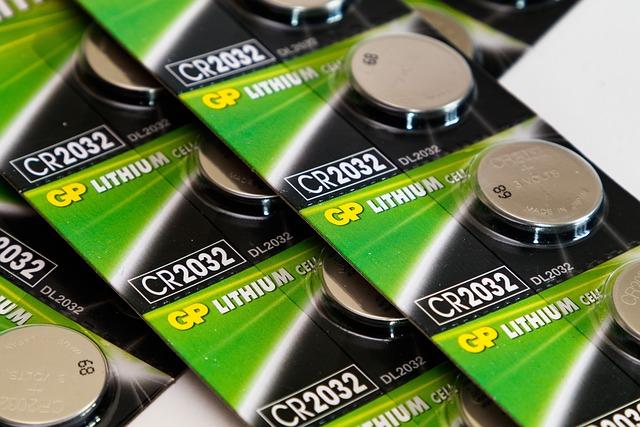Lithium-Ion Battery Recycling Analysis 2024: Navigating the Future of Sustainability

As we enter 2024, the lithium-ion battery (Li-ion) recycling market is gaining significant attention, driven by the rising demand for electric vehicles (EVs), renewable energy, and the increasing use of consumer electronics. With the global focus shifting toward sustainability, the need for efficient recycling methods is more urgent than ever. This article provides an in-depth analysis of the Lithium-ion battery recycling Market in 2024, examining key factors influencing its growth, challenges, and opportunities.
Market Dynamics and Growth Drivers
The market for lithium-ion battery recycling is experiencing rapid growth due to the rising adoption of electric vehicles. As EVs become more mainstream, the number of batteries reaching their end-of-life is escalating. According to industry reports, the number of retired lithium-ion batteries is expected to increase substantially in the next decade. The demand for recycling these batteries is critical to recover valuable materials like lithium, cobalt, and nickel, which are essential for future battery production.
Additionally, the growing emphasis on renewable energy storage is pushing the demand for lithium-ion batteries. Wind and solar energy systems rely on efficient energy storage solutions, many of which are powered by Li-ion batteries. As these systems age, the recycling of their batteries will be essential for minimizing waste and promoting a circular economy.
Technological Advancements in Recycling
Technological innovation is playing a crucial role in shaping the future of lithium-ion battery recycling. In 2024, companies are increasingly focusing on improving the efficiency of recycling processes. Advanced technologies such as direct recycling, which retains the battery’s original structure, and hydrometallurgical methods, which efficiently extract metals, are gaining traction. These innovations not only improve the recovery rates of valuable materials but also reduce the environmental footprint of the recycling process.
Furthermore, the integration of automation and AI in recycling facilities is enhancing the speed and precision of battery sorting and processing. This technology-driven approach is expected to reduce operational costs and increase the overall efficiency of the recycling process.
Challenges in Lithium-Ion Battery Recycling
Despite the advancements in technology, the lithium-ion battery recycling industry faces several challenges. One major issue is the complex composition of Li-ion batteries, which contain a variety of materials that require specialized recycling processes. This complexity increases the cost and time associated with recycling.
Another challenge is the lack of standardized regulations and infrastructure for battery collection and recycling. While some countries have implemented regulations to promote recycling, the global recycling network remains fragmented, hindering efficient operations.
Opportunities and Market Outlook
The opportunities in the lithium-ion battery recycling market are vast. Governments worldwide are recognizing the importance of sustainable battery disposal and are introducing policies to incentivize recycling. This is encouraging both public and private investments in recycling technologies and infrastructure.
As demand for electric vehicles and renewable energy solutions continues to rise, the lithium-ion battery recycling market is poised for significant growth. By 2024 and beyond, we can expect more innovations and improvements in the recycling process, leading to a cleaner and more sustainable future.
Fore More Info : - https://www.gmiresearch.com/report/lithium-ion-battery-recycling-market-analysis-industry-research/
Conclusion
The lithium-ion battery recycling market in 2024 is undergoing a significant transformation, driven by technological advancements, market demand, and growing environmental concerns. While challenges remain, the future of the industry looks promising, with opportunities for innovation, investment, and sustainability. As the world continues to embrace green technologies, efficient recycling of lithium-ion batteries will play a key role in shaping a circular economy and minimizing the environmental impact of battery production.
- Art
- Causes
- Crafts
- Dance
- Drinks
- Film
- Fitness
- Food
- Games
- Gardening
- Health
- Home
- Literature
- Music
- Networking
- Other
- Party
- Religion
- Shopping
- Sports
- Theater
- Wellness
- IT, Cloud, Software and Technology


